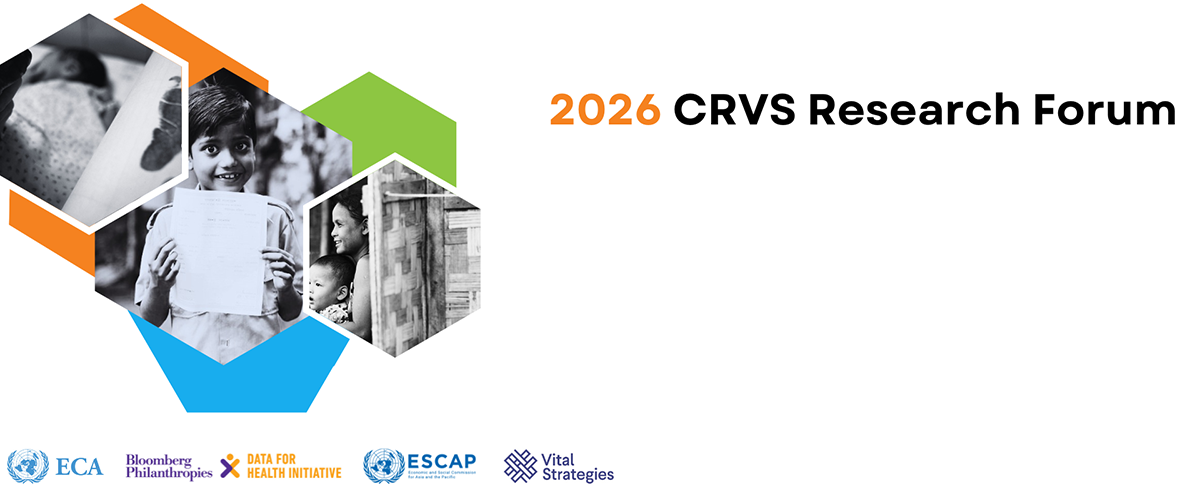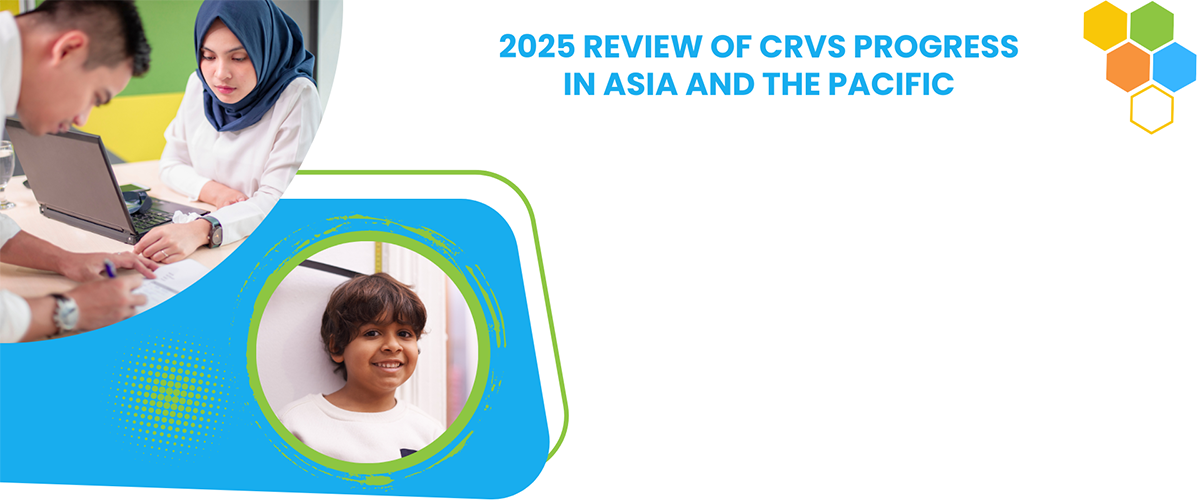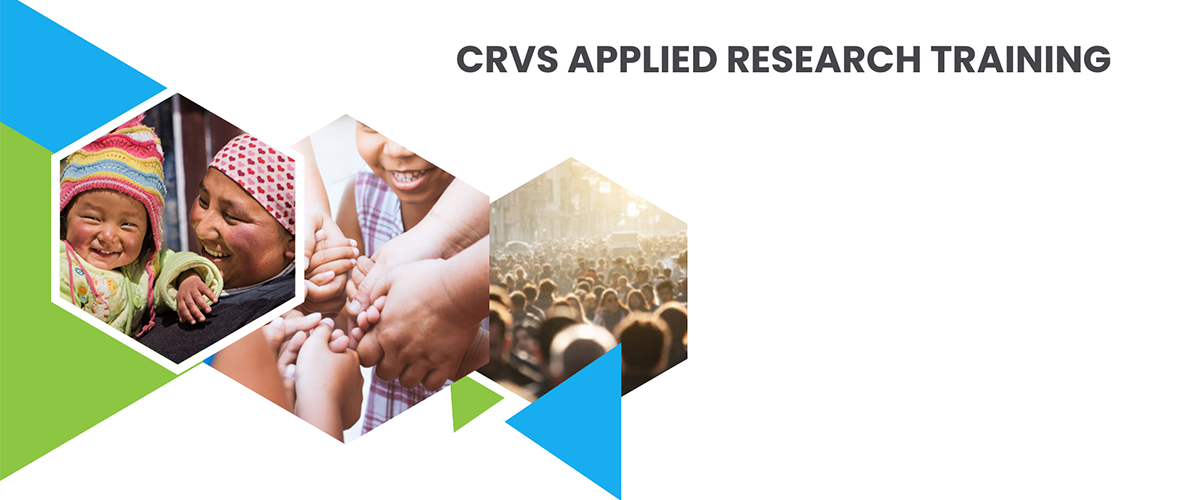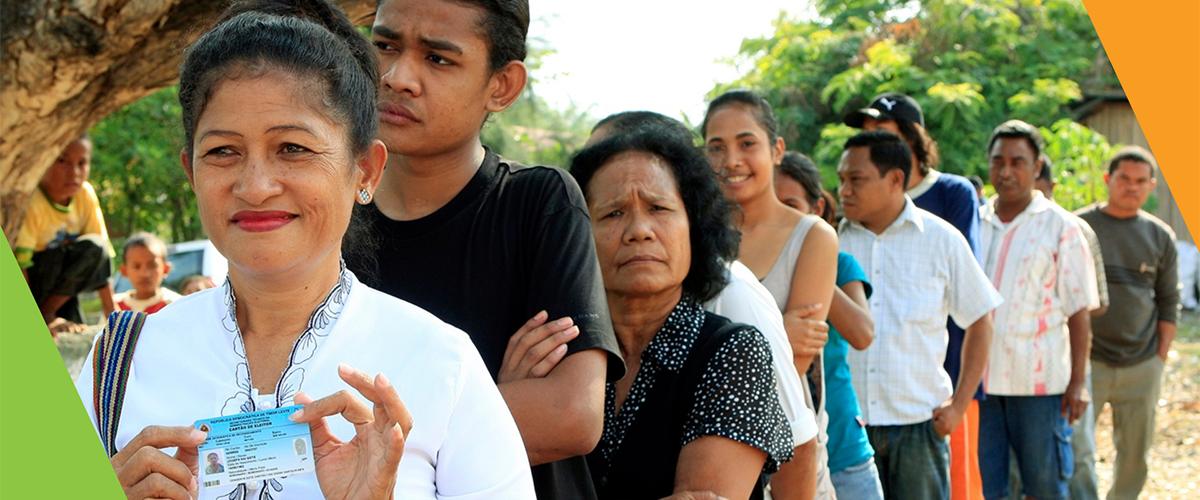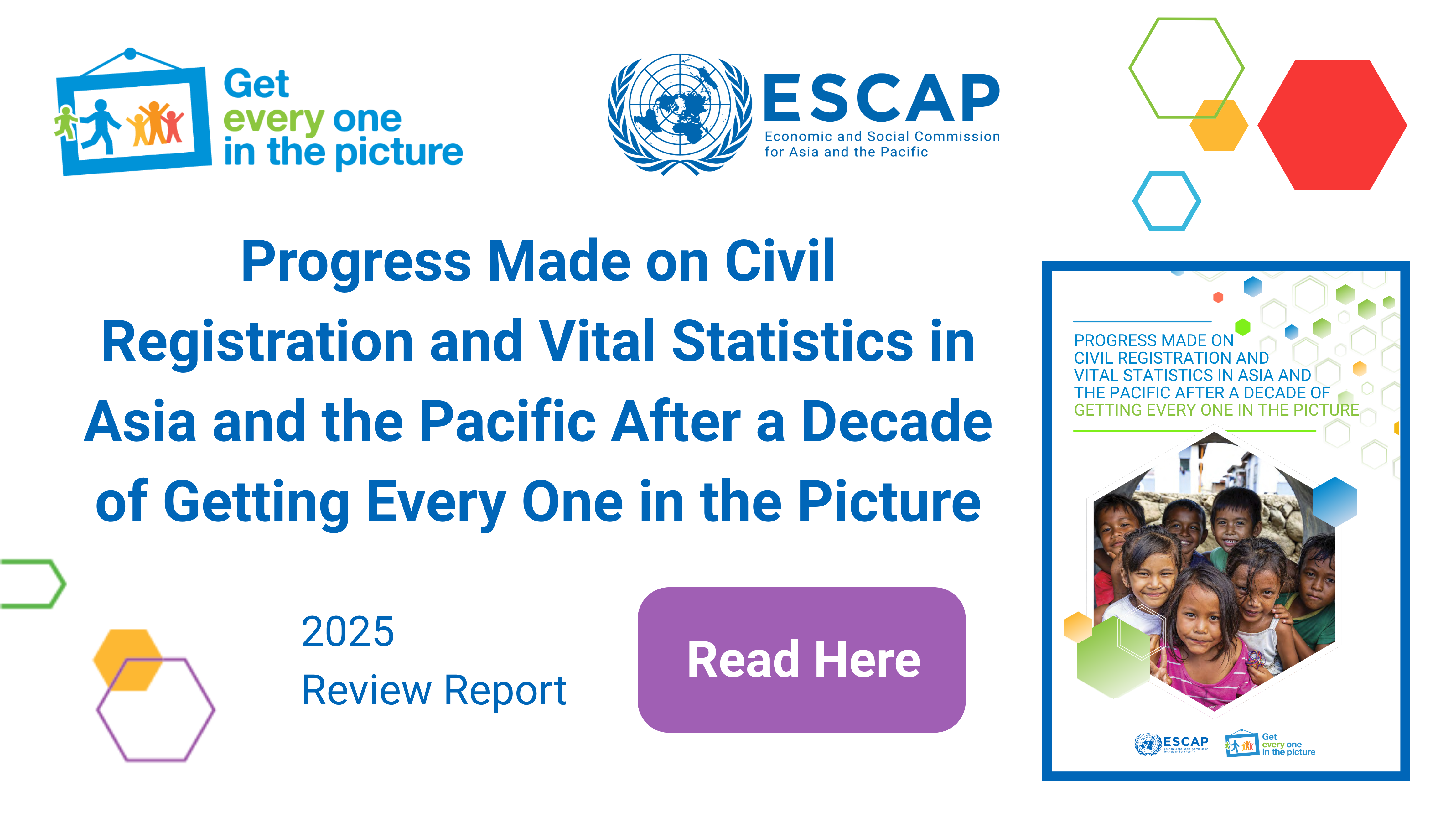Inception workshop launches CRVS Inequality Assessment project in Pakistan
(Newsletter: CRVS Insight February (2) 2022)
Organised with the support of the Technical Support Unit for Civil Registration and Vital Statistics (TSU-CRVS), provincial governments convened face-to-face and virtually for the inception workshop to launch the ESCAP project on implementing inequality assessments and strengthening demographic capacity on CRVS in Pakistan.

